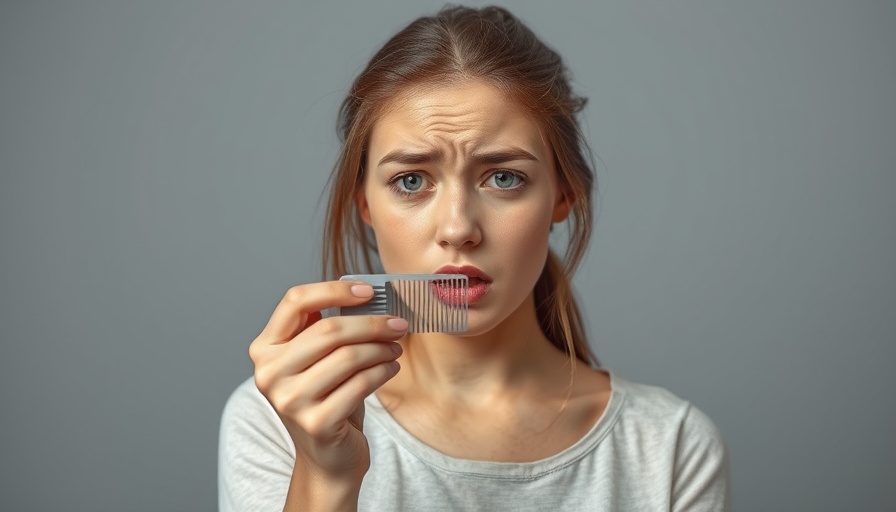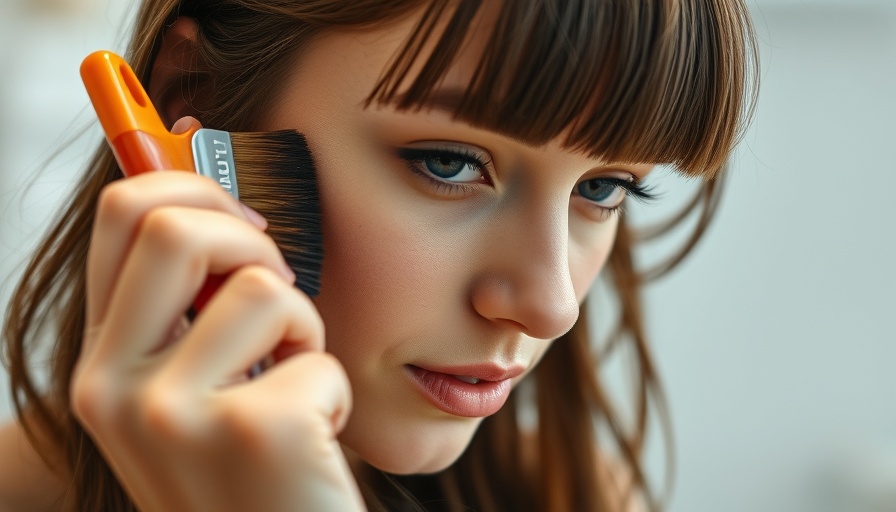
Understanding Hair Loss After a Miscarriage
Experiencing a miscarriage can be one of the most painful and tumultuous times in a woman’s life, not only emotionally but also physically. Many women report a significant amount of hair loss following this tragic experience, a phenomenon that can leave them feeling even more vulnerable.
What Causes Hair Loss After a Miscarriage?
Understanding the reasons behind hair loss can help women address this issue more effectively. Here are the primary causes:
- Hormonal Changes: During pregnancy, a woman’s body undergoes profound hormonal changes, primarily increases in estrogen and progesterone that promote hair growth. Following a miscarriage, the rapid decrease in these hormones can shock the hair follicles, often resulting in hair loss.
- Telogen Effluvium: This condition is triggered by the sudden hormonal shifts experienced after a miscarriage. Hair enters the telogen (resting) phase prematurely, where it rests and eventually sheds. It typically takes three to six months post-miscarriage for hair shedding to become noticeable.
- Emotional Stress: The emotional and psychological toll of miscarrying can be overwhelming. Increases in stress hormones such as cortisol can further impact hair health and exacerbate telogen effluvium, prompting more hair loss.
- Nutritional Deficiencies: A pregnancy, even a brief one, can deplete your body’s stores of essential vitamins and minerals. Nutritional deficiencies, particularly in iron, B vitamins, and vitamin D, can contribute to hair loss during recovery.
How Long Does Hair Loss Last?
Most women will notice hair loss beginning approximately three to six months after a miscarriage due to the natural hair growth cycle. While this may seem alarming, it’s helpful to recognize that the hair follicles are likely reverting back to their usual growth stages.
Steps to Promote Healthy Hair Growth
While hair loss can feel devastating, it is crucial to remember that there are actionable steps to encourage healthy hair regrowth:
- Balanced Nutrition: Focus on eating a diet rich in vitamins and minerals that promote hair health. Foods high in iron, zinc, and vitamins A, C, D, and E can help support hair regrowth.
- Manage Stress: Prioritizing your mental health through mindfulness practices like yoga or meditation can be beneficial during this recovery period. Reducing stress can also aid in the stabilization of hair growth.
- Gentle Hair Care: Adapting gentle hair care routines, avoiding harsh chemicals, and minimizing heat styling can help minimize further damage.
- Consult Professionals: If hair loss persists, don’t hesitate to consult healthcare professionals or dermatologists for personalized advice.
The Emotional Connection to Hair Loss
It’s important to acknowledge the emotional connection we have with our hair. For many women, hair is a symbol of beauty and femininity. The experience of hair loss following a miscarriage can add to the grief of pregnancy loss, creating a cycle of sadness. Open discussions about this topic can help women feel less alone and more connected with others who have faced similar experiences.
Conclusion: Bridging the Gap Between Physical and Emotional Healing
While hair loss after a miscarriage can lead to feelings of inadequacy, recognizing the root causes can empower women to take proactive measures toward recovery. It’s a reminder of the resilience of the body and the importance of caring for oneself in times of emotional turmoil. If you are experiencing hair loss post-miscarriage, remember that you are not alone, and there are steps you can take toward healing.
For additional resources on how to manage your well-being during this time, consider seeking guidance from health professionals who can provide personalized insights and support.
 Add Row
Add Row  Add
Add 




Write A Comment